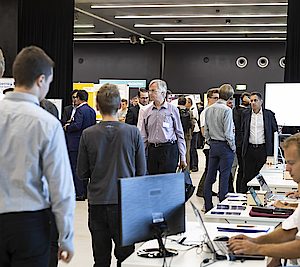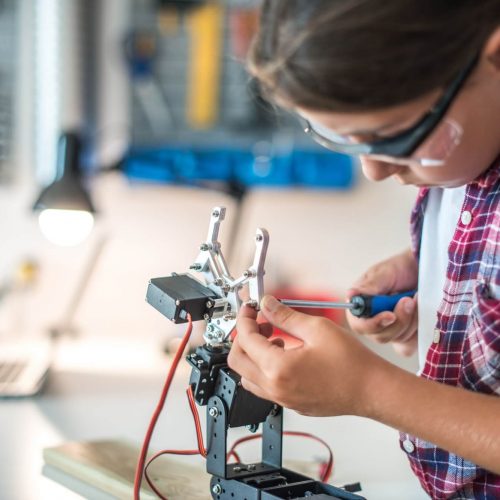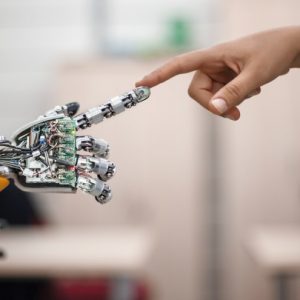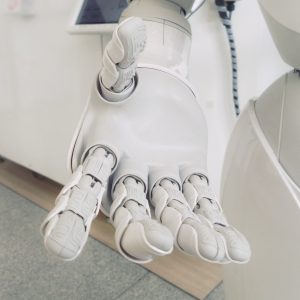The XVIII Business Culture Week will take place from the 8th to the 22nd of November, 2019 and will deal with the theme “A REGOLA D’ARTE.
L’Italia delle culture d’impresa: inclusiva e sostenibile TO THE HIGHEST STANDARDS. the business cultures of Italy: inclusive and sustainable”.
Inclusive and sustainable: this is the way to do business today, pursuing the general interest without giving up the economics results.
With this concept, the capacity of the entrepreneurial fabric to evolve and continuously innovate is placed at the centre of attention of the industrial associative system, following the trajectories of change stimulated by social, economic and environmental transformations, at national and global level.
It is in the midst of this event – precisely on November 13th, 2019 – that Kohler Lombardini opens the doors of its factory in Rieti (central Italy) to accommodate school students and let them visit the production departments.
After the guided tour, a company specialist will “moderate” a discussion session with the young students, where they can share impressions and feelings experienced during the day.
Kohler Lombardini, a company with a strong aptitude for innovation and investment in new technologies and talents, is an Associated Partner to our NewMetro project.
read more at source









 Developing skills for the future
Developing skills for the future 


